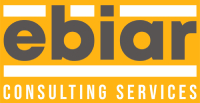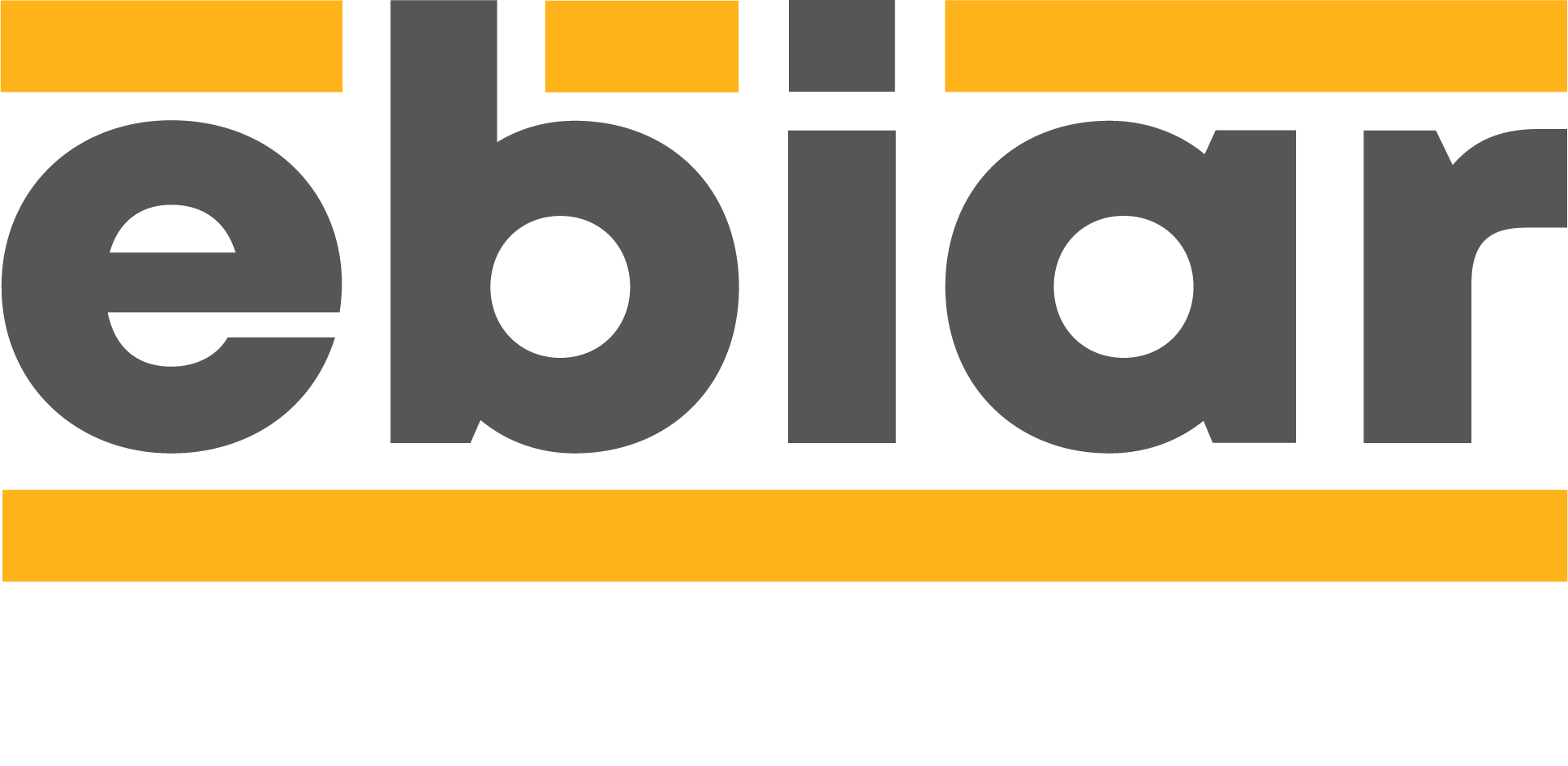Healthcare consulting firms play a crucial role in improving clinical quality and patient outcomes. With their expertise and guidance, these firms help healthcare organizations identify and address gaps in quality, implement evidence-based practices, and streamline processes. In this blog, we will delve into the ways healthcare consulting firms contribute to enhancing clinical quality. By examining real-world examples and discussing the impact of their interventions, we will shed light on the measurable improvements achieved through their strategies. From collaborating with healthcare providers to leveraging technology and analytics, these firms offer valuable insights and solutions. Join us as we explore how healthcare consulting firms are shaping the future of clinical quality.
The Role of Healthcare Consulting Firms in Clinical Quality
Healthcare consulting firms play a vital role in improving clinical quality within healthcare organizations. With their expertise and specialized services, these firms address the pain points and provide valuable solutions to enhance patient care. Let’s dive into the various aspects of their role:
Overview of the services provided by healthcare consulting firms
Healthcare consulting firms offer a range of services tailored to meet the unique needs of healthcare providers. They conduct comprehensive assessments to identify areas where clinical quality can be improved. These assessments include analyzing data, reviewing processes, and evaluating patient outcomes. By examining the entire healthcare ecosystem, these firms gain insights into the existing challenges and opportunities for enhancing clinical quality.
Identifying and addressing gaps in clinical quality
One of the primary responsibilities of healthcare consulting firms is to identify gaps in clinical quality. Through data analysis and performance evaluations, they pinpoint areas where healthcare organizations may be falling short. Whether it’s inefficient workflows, inadequate protocols, or inconsistent adherence to best practices, these gaps are identified and addressed to ensure optimal patient care.
Developing quality improvement strategies and programs
Healthcare consulting firms work closely with healthcare providers to develop tailored quality improvement strategies and programs. These strategies are designed to address the specific challenges identified during the assessment phase. By collaborating with healthcare professionals, the firms leverage their expertise and industry knowledge to develop effective initiatives that enhance clinical quality.
Implementing evidence-based practices and standards
To enhance clinical quality, healthcare consulting firms assist healthcare providers in implementing evidence-based practices and standards. Through thorough Market research and analysis, these firms stay up to date with the latest advancements and guidelines in healthcare. By integrating these evidence-based practices into daily operations, healthcare organizations can ensure the delivery of high-quality care that is aligned with industry standards.
Collaborating with Healthcare Providers
When it comes to enhancing clinical quality, healthcare consulting firms play a vital role by collaborating with hospitals and healthcare organizations. By joining forces, these firms bring their expertise and knowledge to address the pinpoints in patient care. Let’s delve into how healthcare consulting firms partner with healthcare providers to elevate clinical quality.
Partnering with hospitals and healthcare organizations
Healthcare consulting firms establish partnerships with hospitals and healthcare organizations to understand their unique challenges and goals. This collaboration allows for a deep dive into the specific needs of the facility and fosters a collaborative approach toward improvement.
Conducting comprehensive assessments and audits
To identify areas for improvement, healthcare consulting firms conduct thorough assessments and audits. These evaluations encompass various aspects of clinical quality, including processes, workflows, documentation, and patient outcomes. Through these assessments, the firms gain valuable insights into the current state of affairs and pinpoint areas that require attention.
Analyzing data and identifying areas for improvement
Healthcare consulting firms utilize their expertise in data analysis to identify trends, patterns, and areas for improvement. By analyzing vast amounts of healthcare data, they uncover potential issues, patterns of medical errors, and opportunities for enhancing clinical quality.
Designing customized solutions for clinical quality enhancement
Armed with their findings, healthcare consulting firms design tailored solutions to address the specific challenges faced by healthcare providers. These solutions may include implementing evidence-based practices, optimizing workflows, enhancing patient safety protocols, and improving communication channels within the organization.
Assisting in the implementation and monitoring of quality initiatives
Healthcare consulting firms not only design the solutions but also play an active role in their implementation. They work closely with healthcare providers to ensure seamless integration of new processes and initiatives. Moreover, they establish monitoring systems to track the progress of these quality initiatives, allowing for ongoing refinement and continuous improvement.
By collaborating with healthcare providers, healthcare consulting firms bring their expertise, data-driven insights, and customized solutions to enhance clinical quality. Through comprehensive assessments, analysis of data, and active participation in implementation and monitoring, these firms contribute to creating a culture of continuous quality improvement within healthcare organizations. The result is improved patient outcomes, increased patient satisfaction, and ultimately, a higher standard of care in the healthcare industry.

Utilizing Technology and Analytics to Enhance Clinical Quality
In today’s digital age, technology, and analytics have become powerful tools in the healthcare industry, aiding healthcare consulting firms in their mission to enhance clinical quality. Let’s explore how these firms leverage technology to address key challenges and improve patient care.
Leveraging data analytics to measure clinical quality
Healthcare consulting firms utilize advanced data analytics techniques to measure and assess clinical quality. By analyzing vast amounts of healthcare data, including patient outcomes, readmission rates, and adherence to evidence-based practices, these firms can identify areas for improvement and develop targeted strategies. This data-driven approach enables healthcare providers to make informed decisions and enhance the overall quality of care.
Implementing electronic health record (EHR) systems for improved documentation
Electronic Health Record (EHR) systems play a vital role in healthcare consulting firms’ efforts to enhance clinical quality. By implementing robust EHR systems, healthcare providers can streamline documentation processes, improve data accuracy, and ensure seamless information exchange between different healthcare professionals. This digital transformation leads to enhanced patient safety, reduced errors, and improved continuity of care.
Utilizing predictive analytics to identify potential issues and trends
Predictive analytics has revolutionized healthcare consulting firms’ ability to proactively identify potential issues and trends. By analyzing historical data and patterns, predictive models can forecast patient outcomes, anticipate potential complications, and identify high-risk areas. This enables healthcare providers to intervene early, implement preventive measures, and improve patient outcomes.
Enhancing communication and information exchange through health IT solutions
Effective communication and information exchange is vital for delivering high-quality care. Healthcare consulting firms leverage various health IT solutions, such as secure messaging platforms, telemedicine, and interoperable systems, to enhance communication among healthcare professionals. This seamless flow of information ensures coordinated care, reduces medical errors, and improves overall patient satisfaction.
Training and Education
Healthcare consulting firms play a vital role in training and educating healthcare professionals, empowering them to drive clinical quality initiatives. Let’s delve into how healthcare consulting firms contribute to training and education within the industry.
Providing training programs for healthcare professionals
Healthcare consulting firms recognize the importance of continuous education for healthcare professionals. They offer comprehensive training programs tailored to address specific needs and challenges. These programs cover a wide range of topics, including quality improvement methodologies, patient safety protocols, and the latest advancements in healthcare technology. By enhancing the knowledge and skills of healthcare professionals, these firms enable them to deliver optimal care and drive positive clinical outcomes.
Promoting evidence-based practices and guidelines
Staying up-to-date with evidence-based practices and guidelines is crucial for maintaining clinical quality. Healthcare consulting firms play a pivotal role in promoting these practices among healthcare professionals. They provide access to the latest research, studies, and clinical guidelines, ensuring that healthcare providers are aware of the most effective and efficient approaches to patient care. By incorporating evidence-based practices, healthcare professionals can enhance clinical quality, improve patient outcomes, and reduce variations in care delivery.

Conducting workshops and seminars on quality improvement
Healthcare consulting firms organize workshops and seminars focused on quality improvement initiatives. These events bring together healthcare professionals from various disciplines to exchange ideas, share best practices, and learn about innovative strategies for enhancing clinical quality. Through interactive sessions and case studies, participants gain valuable insights into quality improvement methodologies, performance measurement, and benchmarking. These workshops and seminars foster a culture of continuous learning and improvement within healthcare organizations.
Empowering clinicians to drive clinical quality initiatives
Healthcare consulting firms empower clinicians to take the lead in driving clinical quality initiatives. They provide tools, resources, and guidance to help clinicians identify areas for improvement, develop action plans, and implement quality improvement projects. By engaging clinicians in the process, healthcare consulting firms ensure that initiatives are aligned with the specific needs of the organization and the patients they serve. This approach fosters ownership and accountability, leading to sustainable improvements in clinical quality.
Conclusion
In conclusion, healthcare consulting firms play a pivotal role in enhancing clinical quality by addressing key challenges and fostering collaboration with healthcare providers. By leveraging their expertise, these firms assist in identifying and bridging gaps in quality, implementing evidence-based practices, and streamlining processes to enhance patient safety. Data and statistics reveal that healthcare organizations partnering with consulting firms experience significant improvements in clinical outcomes. Encouraging the adoption of best practices and continuous quality improvement further ensures sustained progress. The success stories of healthcare consulting firms demonstrate their impact on measurable enhancements in clinical quality. Emphasizing collaboration and embracing a culture of continuous improvement will drive the future of healthcare, ultimately benefiting patients and providers alike.
Yes, enhancing patient safety is a key focus area for healthcare consulting firms. They can identify potential risks, develop protocols and initiatives to mitigate those risks and provide training and education to healthcare professionals to ensure a culture of patient safety.
Absolutely. Healthcare consulting firms stay up to date with the latest regulatory requirements and can assist healthcare providers in ensuring compliance with applicable regulations and standards. This includes areas such as privacy and security (HIPAA compliance), quality reporting, and accreditation requirements.
Change management is an essential component of quality improvement initiatives. Healthcare consulting firms provide guidance and support to healthcare providers in managing the changes associated with implementing new processes or protocols. This includes communication strategies, stakeholder engagement, and addressing resistance to change.
Absolutely. Healthcare consulting firms have expertise in preparing healthcare organizations for accreditations and certifications. They can guide providers through the necessary processes, assist in documentation, and ensure compliance with the requirements of accrediting bodies.
Healthcare consulting firms can help healthcare providers achieve better financial outcomes by optimizing operational efficiency, reducing waste and unnecessary costs, improving revenue cycle management, and identifying opportunities for revenue growth, all while maintaining high clinical quality standards.
Malcolm Wright is the Founder and CEO of Ebiar Consulting Services– a global market entry advisory firm with deep business leadership experience and fresh, relevant perspectives on key global economies and cultural awareness. In fact, Malcolm recently completed Harvard Business School’s Leading Global Businesses program to advance his learning.
-
MALCOLM WRIGHThttps://ebiar.com/author/eirdemo/
-
MALCOLM WRIGHThttps://ebiar.com/author/eirdemo/
-
MALCOLM WRIGHThttps://ebiar.com/author/eirdemo/
-
MALCOLM WRIGHThttps://ebiar.com/author/eirdemo/




Add a Comment
You must be logged in to post a comment